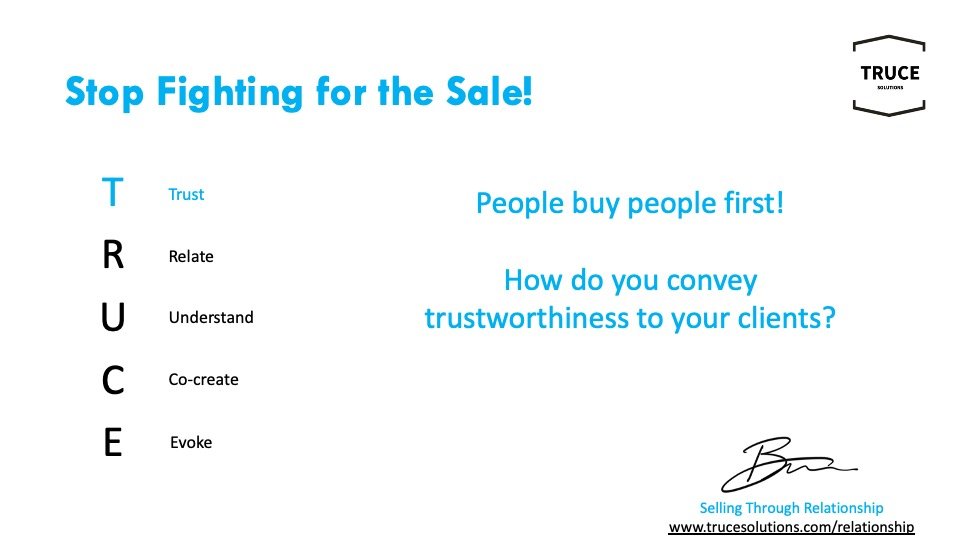Watch the video for a minute almost two to checkout what the Modern Manager program could have in store for your organization. Thank you!
Prosperity vs Austerity Mindsets
There is no shortage of recession talk (and reality) these days. This combined with the VUCA world we live in, it is worth pondering our mindsets. Are we tuning more into austerity or prosperity outlooks? How is your view shaping your actions with others?
In the past week, I’ve been in very similar conversations with Bruce Shaver, Sales Facilitator at TRUCE Solutions and Amber Jordan, Partner at Hydra Management Consulting. When I have the same conversation twice in one week, it gets me thinking about where I am. Where is my energy going? What is my belief system? How are my beliefs shaping my actions.
Defining the Mindsets
The Prosperity Mindset is based on the belief that there is abundance in the universe and that we can all prosper if we tap into it. This type of thinking creates an attitude of possibility, hope, and enthusiasm. People with a prosperity mindset are generally optimistic and see opportunities where others see obstacles. They're also more likely to take risks, because they believe that they can always find a way to succeed no matter what challenges they face.
The Austerity Mindset, on the other hand, is based on the belief that there is scarcity in the universe and that we must all struggle to survive. This type of thinking creates an attitude of fear, anxiety, and pessimism. People with an austerity mindset are more likely to play it safe and avoid taking risks. They're also less likely to see opportunities because they're so focused on the negative aspects of their current situation.
Location! Location! Location!
This video is one of my favourites from the Conscious Leadership Group. It highlights open and closed mindsets and the leap to our mindset conversation is an easy one to make. Enjoy!
Thank you for reading! Feel free to spread the prosperity mindset with your network.
Situational Humility - A Modern Manager Approach to Team Participation
When you want your team to be successful, it's important to ensure that everyone feels like they are able to participate and contribute. One of the key ways to do this is through situational humility. Situational humility was coined by Harvard Professor Amy Edmondson. She describes situational humility as a willingness to transparently acknowledge the gaps in our knowledge and remain relentlessly curious about the opinions of others.
When consistently practiced, it leads to better outcomes in uncertain situations because the leader creates psychological safety for others to share their ideas. Research shows that when leaders express humility, teams engage in more learning behaviours.
How Could It Sound?
Manger: “I really don’t know in this specific situation. What are your thoughts on how we can solve this?
Director: “I pride myself in thinking things through and having a game plan, and yet I find myself both wanting and needing to lean into your perspectives on how to move forward. What are your insights?
What situations can you see using this Modern Manager: Fearless Leader practice in? How is this similar or different to what you already do? If someone said that to you, what would be your initial reaction?
For more insight, read the book the Fearless Organization or Humility is the New Smart. Both are listed on www.trucesolutions.com/inspiration page.
It All Starts With Trust
People buy people first and it all starts with trust. If you want to build trust with your clients, it is essential that you be trustworthy and present. Here are three ways I have built authentic connections:
Be honest and transparent in all interactions…even when it isn’t convenient.
Be available to listen to client ideas and concerns because it is a dialogue and not a monologue.
Share stories and personal anecdotes or case studies that illustrate your expertise.
How do you convey trust worthiness?
Consider Truce’s Program aptly named “Stop Fighting for the Sale” for your sales development training.
What is a Modern Manager?
What is a Modern Manager?
In the business world, the term “manager” gets thrown around a lot. But what does it really mean to be a manager in the modern age? With the ever-changing landscape of business, the role of manager has had to adapt as well. No longer is a manager simply someone who tells others what to do; now, a manager is someone who ensures that work is getting done efficiently and effectively. But what does that actually entail?
The Changing Landscape of Work
The way we work has changed dramatically in recent years. The traditional 9-5 office job is no longer the only option for workers. With the rise of remote work and the gig economy, more and more people are choosing to work on their own terms. As a result, the role of the manager has also changed. Modern managers need to be able to adapt to this new landscape and help their employees thrive in it. They need to be able to provide guidance and support while also giving employees the freedom to work in a way that suits them best.
If you're looking to become a modern manager, here are some things you should keep in mind:
1. Focus on creating psychologically safe workspaces. This is the number 1 differentiator of high performing teams.
2. Empower your team’s voice via situational humility, curious open questions and focused listening.
3. Create room to fail and learn in because real innovation depends on it.
4. Focus on alignment and not compliance. Compliance is so 1980’s! :)
5. Balance your masculine and feminine energy to be more versatile in your approaches.
Check out the Modern Manager: Skills for Fearless Leadership at www.trucesolutions.com/modern for your leadership today.




